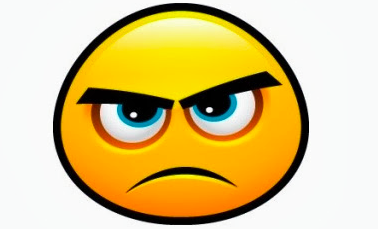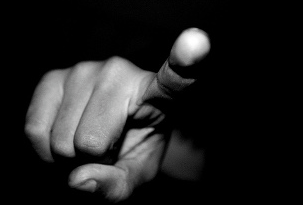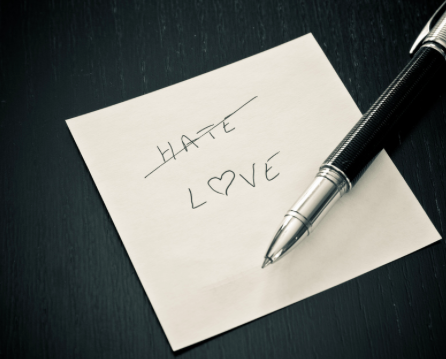in the beforemath: why being proactive matters more than being reactive
I woke up Wednesday to the sound of sirens -- which isn't uncommon given that I live downtown, right across the street from San Francisco General Hospital. But then there were more sirens. And more. And more. And then several helicopters hovering overhead. I figured something big must be going on, so I went online to read the news.
There was a shooting at a UPS just down the street. There were two tarp-covered bodies lying in the street. No word on how many were wounded or dead -- or if the shooting had been apprehended. The police were urging everyone who lived nearby to "shelter in place." I made sure the doors and windows were locked.
Lord have mercy.
News kept coming.
A shooting in Alexandria, Virginia that wounded five people, including House Majority Whip Steve Scalise (who is still in critical condition.)
A fire in London that, as of this morning, has claimed at least 30 lives.
The Southern Baptist Convention asking people -- like my friend Brandan Robertson -- to leave the convention simply because they're gay.
I hesitantly went onto social media to face the fallout. The reaction. The aftermath. And, predictably, it was all there, blowing up my feed.
What are we left with on days like this, I wondered, when the world seems to have lost its mind?

In the face of tragedy and controversy, we pull out our opinions. Our rants. Our "I-told-you-so's." We put in our earplugs of surety, self-righteousness and contempt that keep us from hearing alternative perspectives. We use megaphones to shout our opinions at each other, and the possibility of helpful dialogue, civil discourse and mutual respect get caught -- and killed -- in the deafening crossfire.
In a few days, we'll all stop shouting. We'll conclude that once again, we were right and the "others" were wrong. We'll get tired of pointing out how obviously wrong other people are. We'll take our seats on the opposite side of the political, theological, social aisle and fume until, once again, some tragedy strikes our world and then, once again, we'll jump to our feet and react.
***
There's a saying that if you do what you've always done, you'll get what you've always gotten.
I, for one, am not only exhausted, but grieved, at what our ranting and bullying and meanness and rudeness and self-righteousness have gotten us so far.
Seriously. What has all of that amounted to? Our anger and spite and piety have done nothing to inch us closer to On Earth As It Is In Heaven. In fact, they've caused us as individuals and as a society to devolve into childish antics where we throw tantrums until we get our way -- and pout if we don't.

***
This is our moment to do something different than what we've always done. To get something better, truer and more valuable than what we've gotten so far.
This is our opportunity to decide that we're not going to sit here fuming until the next tragedy happens and then react to what's presented to us. We're not going to define ourselves, our faith, or our communities by what we're against.
Instead of reacting to the aftermath, what if we acted now, in the beforemath (yes, that's a made-up word, but you get the point.)
Instead of letting hate weave its way through our hearts and the hearts of our neighbors, what if we practiced kindness today?
Instead of letting violence seed and take root in our culture, what if we practiced radical acts of peace?
Instead of screaming our views at each other until we're all deafened by the noise, what if we brought it down a decibel and had conversations instead? Or, better yet, what if we just sat and listened to each other without feeling the need to immediately contradict?

***
Friends, we know what we've always done. And we know what we've always gotten.
Let's decide today that we can do better.
That we are capable of creating culture instead of reacting to it. That we are called to be proactive, not reactive. That we are not here to prove how right we are; we're here to love our neighbors as ourselves. To pray for our enemies. To bless those who curse us.
If we act with love and mercy and grace and kindness in the beforemath, maybe we can prevent tragic aftermaths instead of biding our time until the next one hits.
